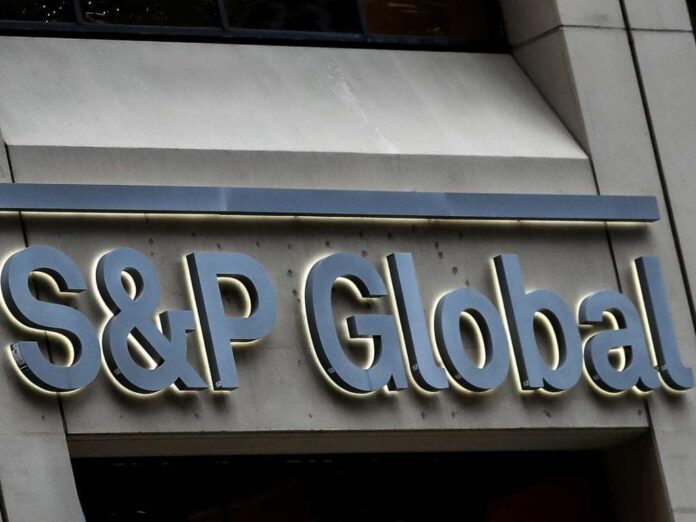DUBAI: The $2.2 trillion global Islamic finance industry is expected to grow 10%-12% over 2021-2022 due to increased Islamic bond issuance and a modest economic recovery in the main Islamic finance markets, S&P Global Ratings said.
The industry continued to grow last year despite the COVID-19 pandemic, although at a lower pace than in 2019, with global Islamic assets expanding by 10.6% in 2020 against growth of 17.3% the previous year.
Islamic finance, which bans interest payments and pure monetary speculation, has been on the rise for many years across markets in Africa, the Middle East and Southeast Asia, but it remains a fragmented industry with uneven implementation of its rules.
“Over the next 12 months, we could see progress on a unified global legal and regulatory framework for Islamic finance we believe that such a framework could help resolve the lack of standardisation and harmonisation that the Islamic finance industry has faced for decades,” S&P said on Monday.
The industry is expected to receive some support in the coming two years in Saudi Arabia, where mortgages and corporate lending are expected to rise as the country pushes ahead with plans to diversify the economy.
Investments in Qatar for the 2022 soccer World Cup and the Expo event in Dubai later this year are also expected to support growth.
The ratings agency forecast global issuance of Islamic bonds, or sukuk, to reach $140-155 billion this year, up from roughly $140 billion in 2020, thanks to abundant liquidity and sustained financing needs among corporates and governments.
S&P also highlighted that the full impact of the coronavirus crisis has yet to materialise and more requests for sukuk restructurings and maturity extensions, as well as higher default rates, are expected this year.
“We see pressure on real estate developers, given the drop in real estate prices in the GCC (Gulf Cooperation Council) and building risks in the commercial real estate sector,” S&P said.
“Similarly, companies related to aviation, tourism, travel, and hospitality – sectors that have been severely hit by COVID-19 – will take several quarters to recover to prepandemic levels.”





Islamic Finance is lipstick on a pig. Islamic Finance is what you get when people are too stupid to understand equity in the system. Interest is the deprecation and appreciation of the currency concerning many factors. Is the printing of money in the economy causing deflation or inflation? Is money use optimized to benefit society and generate wealth over a given time? To be solely focused on interest misses the point entirely and makes Islamic Finance nothing more than a facade that profits off the ignorance of others. If you are worried about interest or money generating money, then you should buy gold. Islamic finance is what China does by balancing and optimizing its economy to benefit its people and the world.